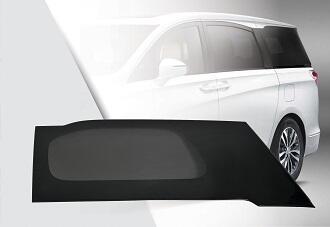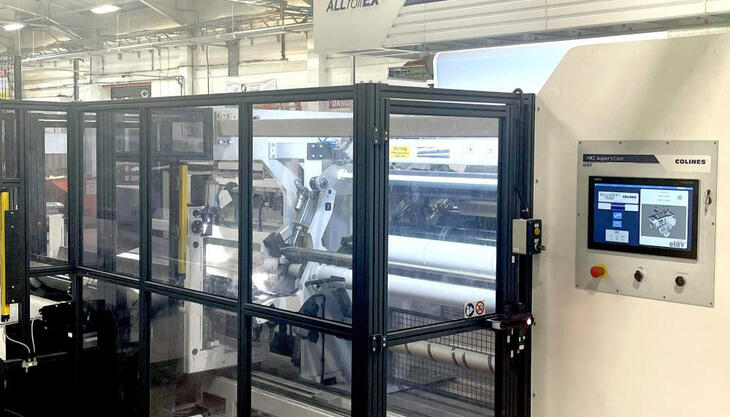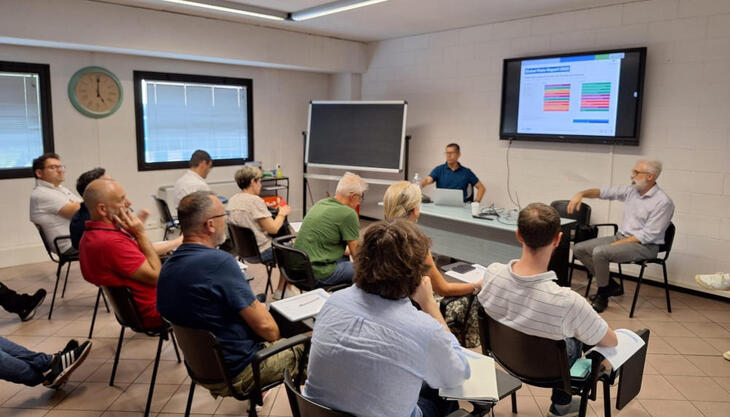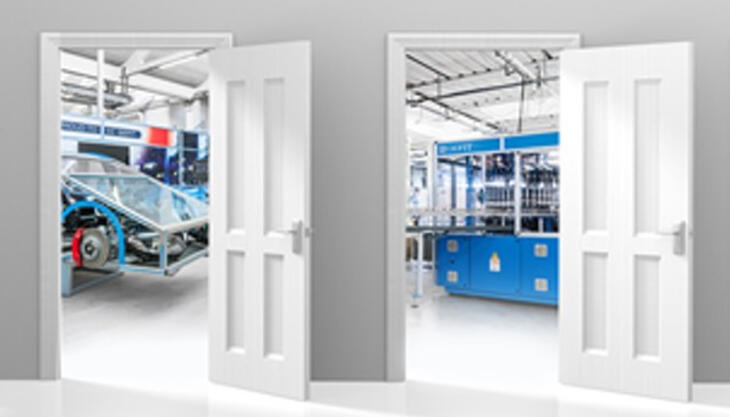Class A vehicle windows made of polycarbonate

For the two-component injection molding of the rear-quarter windows of polycarbonate for the Buick GL8 and GL8 Avenir MPVs (multi-purpose vehicles), Chinese Tier 1 supplier Shentong uses two hot runner systems from HRSflow. One is for producing the transparent first component and the other for the partial, seamless overmolding with a dark-colored PC around the edges. Both systems integrate the programmable FLEXflow valve gate technology, which enables the manufacturer to achieve the outstanding surface quality specified by the OEM for these parts. With dimensions of 1,200 x 460 mm, it is currently the world's largest moulding of its kind. Furthermore, FLEXflow helps to ensure that the windows - which are around 40 % (3 kg) lighter than comparable parts made of glass - have very high fitting precision for unproblematical assembly with minimum warpage and very tight tolerances. During the course of the project development, HRSflow supported the converter with extensive Moldflow simulations during optimization of the production parameters for these large, asymmetrical parts.
The two hot runner systems developed by HRSflow each have a hot runner manifold with ten servo-electrical drives for the nozzles with conical valve gate, integrated into the clamp platen. The FLEXflow technology from HRSflow used to control the sequential injection process makes it possible to coordinate every single individually driven needle precisely to the process and to open and close it with selectable speeds. This allows absolute precision control both of the melt flow in the individual hot runner nozzles and of the volume flow in the overall cavity so that it is filled evenly and homogeneously. Thanks to the gentle opening and closing of the needles, there is none of that undesired pressure drop or changes in temperature and flow velocity as can occur with conventional cascade injection moulding during the sequentially abrupt switching on of the hot runner nozzles. This thus also eliminates unsightly flowmarks on the moulded part. The overall result is Class A moulding surface with no optically relevant defects. The main applications of the FLEXflow technology are the injection moulding of high-quality complex automotive parts including large-area exterior and interior components such as spoilers, front ends, instrument panel supports, door trim and headlights as well as wide trunk taillights, plus the rear-quarter windows described here made of transparent polycarbonate.


















